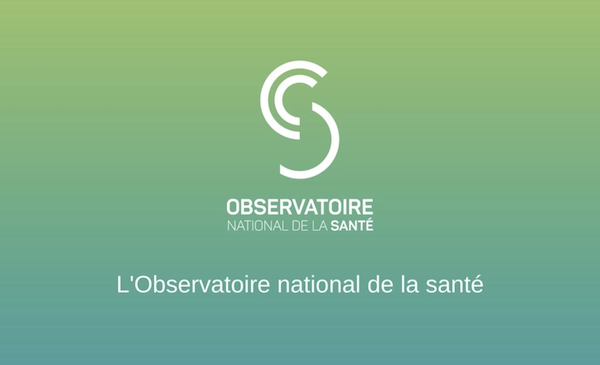 Credit: ObSanté
Credit: ObSanté
The Observatoire National de la Santé (ObSanté) has released its second thematic report, providing a reference framework for quantifying healthcare human resources in Luxembourg.
Addressing the challenge of accurately counting healthcare professionals and measuring their activity rates, this report is said to mark a significant step forward in generating reliable data to support national health policies.
Improving Data Collection and Methodology
Healthcare professionals form a critical pillar of Luxembourg’s health system, but challenges such as fragmented data sources and a lack of harmonised definitions have complicated efforts to quantify and plan for healthcare workforce needs. To address these issues, ObSanté developed a participatory approach to establish definitions and methods that account for the limitations of current administrative data.
The report introduces three key categories of healthcare professionals: those "authorised to practise", "practitioners" providing direct care to patients, and "professionally active" individuals whose work contributes indirectly to the health system (e.g. in administration, public health, or research). This categorisation is deemed crucial for understanding workforce availability and facilitating international comparisons.
Measuring Activity Rates and Aligning with International Standards
One of the report’s key advancements is a method to estimate the activity rates of independent practitioners. Drawing on methodologies used in Belgium, ObSanté analysed billing data from the National Health Fund (CNS) to quantify the effective contribution of self-employed healthcare professionals. This approach complements existing measures for salaried professionals, providing a comprehensive picture of healthcare workforce activity in Luxembourg.
The report also aligns professional titles used in Luxembourg with classifications from the World Health Organization, enabling better international comparability of healthcare workforce data.
A Tool for Evidence-Based Health Policy
As explained by ObSanté, this report represents a critical tool for evaluating and planning healthcare human resources in Luxembourg. By providing a transparent and standardised framework, it offers actionable insights to support public policy. Over time, this model aims to align Luxembourg’s healthcare data with international standards, enhancing comparability and strengthening the foundation for evidence-based decision-making.
The development and implementation of definitions and methods to clarify categories such as healthcare professionals (PDLS) practitioners, professionally active individuals and those authorised to practise represent a significant advancement for Luxembourg. The data generated using the methodologies outlined in this report, particularly regarding the number of PDLS practitioners and their activity rates, will enable the observation of trends over time. This applies both generally across all PDLS professionals and within specific professional groups or subgroups. Such insights will help identify potential shortages and contribute to evidence-based human resource planning in healthcare, ensuring the availability of personnel to deliver patient care and meet national health objectives.
The full version of the report is available (in French) at: https://obs.gouvernement.lu/fr/publications/professionnels-de-la-sante.html








